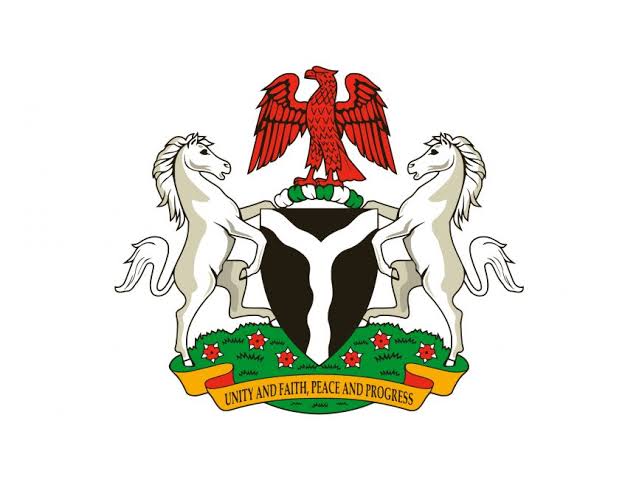In a major policy shift aimed at accelerating infrastructure development, President Bola Ahmed Tinubu has granted the Infrastructure Concession Regulatory Commission (ICRC) new powers to implement streamlined approval thresholds for Public-Private Partnership (PPP) projects across Ministries, Departments, and Agencies (MDAs).
Previously, all PPP projects regardless of scale required clearance from the Federal Executive Council (FEC), a process that often delayed execution and discouraged smaller-scale initiatives. Under the new directive, MDAs can now approve projects below specified financial limits, enabling faster and more flexible project delivery in line with ICRC guidelines.
The decision, announced following the Nigeria PPP Summit 2025, underscores the administration’s commitment to leveraging PPPs as a central tool in driving national development. President Tinubu had earlier described the ICRC as the “engine room” of Nigeria’s infrastructure transformation, pledging stronger support to expand private sector participation.
Director-General of the ICRC, Dr. Jobson Oseodion Ewalefoh, explained that under the revised framework, parastatals and agencies can independently approve PPP projects valued under ₦10 billion, while ministries can approve up to ₦20 billion. Only projects exceeding these thresholds or those requiring multi-ministerial coordination will continue to require FEC endorsement.
Crucially, all projects must be fully funded by the private sector without any financial guarantees or commitments from public funds. Each proposed project will still undergo ICRC review and must receive a compliance certificate before final approval by MDAs’ newly formed Project Approval Boards.
Dr. Ewalefoh described the new system as a departure from the previous “one-size-fits-all” approach, moving towards a more adaptable and impact-driven model. He noted that this reform would particularly benefit sectors such as health, education, agriculture, and housing by enabling smaller, high-impact projects like rural health centers, classroom blocks, student accommodations, and affordable housing to move forward with reduced bureaucratic hurdles.
He further emphasized that the policy aligns with broader public procurement and investment reforms under President Tinubu’s Renewed Hope Agenda, designed to foster economic growth, create jobs, and improve capital inflows.
“By decentralizing approvals, we are unlocking new investment opportunities and ensuring faster project execution, which is critical for our economic realities today,” Dr. Ewalefoh stated.
The ICRC, he affirmed, will continue to oversee, guide, and regulate the PPP ecosystem, working closely with agencies such as the Bureau of Public Procurement (BPP), Ministry of Finance Incorporated (MOFI), and the Bureau of Public Enterprises (BPE).
Dr. Ewalefoh called on MDAs to leverage the newly approved thresholds and upcoming guidelines to deliver critical infrastructure projects more efficiently. He urged them to embrace PPPs as a vital tool for realizing President Tinubu’s Renewed Hope Agenda and advancing national development objectives.




